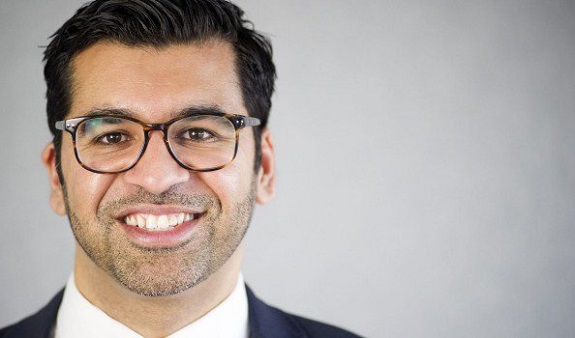The Balancing Act: how do we stop work creeping in to life?
Published by MAXSolutions on August 05, 2016

Finding a suitable balance between work and daily living is a challenge we all face. But according to the OECD Better Life Index, that balancing act is an even bigger challenge for Australians.
More than $3,000 was raised by the MAX Employment staff, which has been donated to the Tasmanian Rural Relief Fund set up to provide assistance to Tasmanian farmers in the wake of hardship or disaster.
The study found we’re dedicating less time to personal care and leisure, and are more likely to work very long hours than the vast majority (29 of the 36) OECD countries.
These findings are echoed in a Bankwest survey of small businesses, which found two in five workers claim to have little or “some” work-life balance, with 12 per cent claiming to have no work-life balance at all.
So how can we strike a balance?
A 2013 report found setting boundaries between work and home, and knowing your limitations, are key to balancing the work-life scale. But how do you discover those limitations?
We chatted with Sandeep Varma, an employment lawyer, who explained how conversations with his mentor were instrumental in finding out what worked for him.
“I started my career in media and communications as a media advisor and a speech writer. The more I dealt with lawyers in my job and the more I spoke with them, I became fascinated by what they do. I thought that I would really like to be a lawyer. So I started studying law. That decision meant I now had to balance full-time work, study and family life," Sandeep explained.
“I had been married for about a year, I enjoyed going to law school but I had lost the joy in my life. I felt very unsure of myself for the first time in a very long time. I thought I could cope with it. It wasn't until I couldn't that I realised that sometimes it’s about recognising that everyone has limits.”
Sandeep believes it was conversations with people close to him that helped him realise that something needed to be done.
“During that time I found myself feeling a bit low. I had conversations with my wife and also with some friends. They’d noticed that things were a little bit different, that I was quite stressed out and not as engaging as I usually was."
"They’d noticed that the things that used to excite me didn’t excite me to the same degree. It’s important to admit you’re struggling to yourself and have that conversation with others.”
After Sandeep accepted that he had little life balance, he turned to someone he trusted and respected to help him identify strategies.
“I spoke to a mentor of mine who said, ‘Look back at your last week. How much time have you spent doing the things that make you feel really happy and make you feel alive?’ When I made a little a clock of my week - breaking down how much time I spent studying, working, and doing something I really enjoyed - it was clear the balance was off. That helped me focus on spending time on things I really enjoy.
“I’m really glad I could have that conversation with my mentor. He knew I was in a difficult place with work and study and talking things through with him helped. He didn’t say ‘This is exactly what’s happening here’s my advice to you’. But he opened up about his own experience and helped me put things in perspective.”
Following these conversations, Sandeep started blocking out time for the things he loved.
"I collect comic books and I hadn't read one in forever. I began to read them again and every week I would build on things that I really enjoy."
He also made time for exercise; started practising mindfulness and meditation; and reduced his work hours. Sandeep encourages anyone struggling to balance their work-life commitments to talk about it with someone they trust.
“It’s not just depression that we should be talking about. We need to be able to talk whenever we’re having a tough time; whether it be a break-up, a transition point in your career or when you’re finding it difficult to balance commitments.
"As friends, family and colleagues we can be proactive and start these conversations with anyone we notice is having a tough time. By doing that we can help people find a balance.”
For tips to start the conversation visit RUOK.org.au.
This article first appeared as 'Other Supporters: The Balancing Act: how do we stop work creeping in to life?' by Robyn Ward on RUOK.org.au.
Tags
Found this useful?
Help and advice
Our blogs are about helping people seek the information that they need for their steps in the workforce.














_1.jpg)





























.jpeg)

















